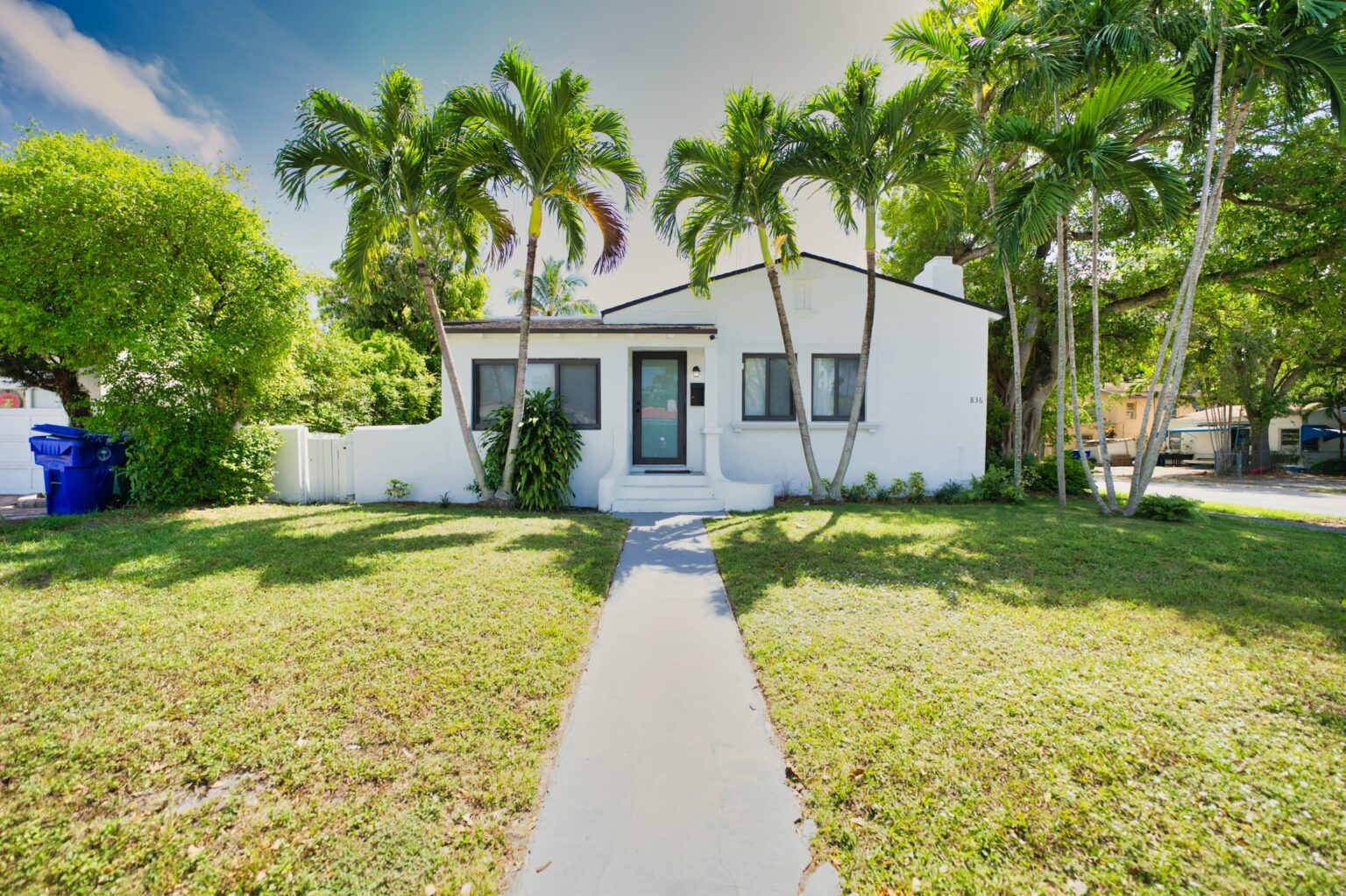
In the pursuit of fortifying homes against hurricanes, the installation of impact hurricane windows and doors is a popular choice. However, understanding the regulatory landscape is crucial. This article explores whether your area mandates building codes or permits for installing these protective features, ensuring that your investment aligns with local regulations for a secure and compliant home.
Decoding Building Codes and Permits:
Installing impact hurricane windows and doors involves more than selecting the right products; it requires adherence to local building codes and permit regulations. These regulations are in place to ensure the safety and structural integrity of homes, especially in regions prone to hurricanes and extreme weather.
Building Codes for Structural Integrity:
Building codes dictate the minimum standards for construction and installation to safeguard against structural failures during adverse weather conditions. In areas prone to hurricanes, these codes often include specific requirements for impact-resistant windows and doors. Understanding and complying with these codes are essential to enhance the overall safety of your home.
Permit Requirements for Installation:
In addition to building codes, many areas require permits for the installation of impact hurricane windows and doors. Permits serve as official authorization from local authorities, ensuring that the installation process aligns with safety standards and local regulations. Obtaining the necessary permits is a crucial step in the installation process and contributes to the overall compliance of your home improvement project.
Regional Variations in Regulations:
Building codes and permit requirements can vary from one region to another. Coastal areas with a higher risk of hurricanes may have more stringent regulations compared to inland regions. It’s essential for homeowners to research and understand the specific regulations in their locality to ensure proper compliance.
Professional Guidance for Compliance:
Navigating building codes and permit requirements can be complex, and seeking professional guidance is advisable. Engaging with licensed contractors or consultants who specialize in impact hurricane windows and doors can provide valuable insights into the specific regulations in your area. Their expertise ensures that your installation meets all the necessary standards.
Benefits of Compliance:
Compliance with building codes and permit requirements offers several benefits. Firstly, it enhances the safety and resilience of your home, ensuring that it can withstand the impact of hurricanes and extreme weather events. Secondly, compliance provides peace of mind, knowing that your investment aligns with established standards. Lastly, it may positively impact insurance coverage, as insurance providers often consider compliance with building codes when assessing risks.
Ensuring a Secure and Compliant Home:
Before embarking on the installation of impact hurricane windows and doors, homeowners should thoroughly research and understand the local building codes and permit requirements. Taking proactive steps to ensure compliance not only contributes to the safety of your home but also avoids potential legal issues that may arise from non-compliance.
In conclusion, demystifying building codes and permit requirements for impact hurricane windows and doors is a crucial aspect of the installation process. Ensuring compliance with these regulations enhances the safety, durability, and overall resilience of your home. Take the necessary steps to understand and adhere to local regulations, ensuring a secure and compliant home against the forces of nature.
Patriot Windows and Doors:
Patriot Windows and Doors – Strengthening home security with robust impact windows and doors for year-round peace of mind.





